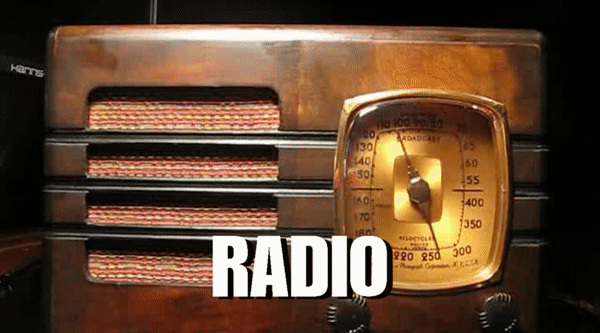
Receiving a cancer diagnosis will first scare the hell out of you. Then you get philosophical. “When you get hit with that kind of news, your life flashes in front of you,” says Americana/indie-pop artist Jefferson Thomas. “I had released five records, and I thought, ‘Is this what I’ll leave behind? Is this all I’ll have to be remembered by after I’m gone?’ I’d spent the last few years working my tail off doing live dates. I’d made a living at it and enjoyed so many great moments interacting with people, but all that was fleeting. It doesn’t get documented, like when you go into the studio and make a record. Then I remembered that a tiny fraction of that work actually had been recorded. I went through all the shows we’d done recently that were captured on multi-track. There weren’t a whole lot of them, but we went with what we had. This is a great snapshot of what’s essentially been my setlist for the past few years.”
By his eleventh birthday, Jefferson Thomas was sitting in on bass on his parents’ gigs. At fifteen he was playing guitar and singing professionally all around the US. While in college, he interned in the music school’s recording studio and practically lived there while recording his first release. “I was nineteen when I put out my first record,” says Thomas. “It’s probably still out there somewhere, which makes me feel queasy. I don't think I even still own a copy.” His live video of his song "Jacksonville” from an NPR broadcast went viral and introduced him to audiences worldwide. As a result, he embarked on his first European tour, and has subsequently toured overseas every year since, constantly breaking new ground and growing his fan base.
JEFFERSON THOMAS LIVE was conceived, initially, as a closing statement. “I figured, hey, I’ve had a good run,” Thomas muses. “This would be a great way to go out, sharing these live moments, warts and all.” Then came the greatest possible news; he had, at least for the time being, beaten cancer. “We were about seventy-five percent done with this project, and I had a follow-up oncology visit with labs and CT scans and bloodwork and everything, and it had stopped growing. I’m not totally out of the woods yet, but this was fantastic news, compared to the original diagnosis.”
The two-volume set begins with an appearance at WNYC/NPR’s studios in New York City, and showcases the duality of Thomas’s live show. Volume One joins him in a stripped down/solo configuration in front of European and American audiences. There’s a lot of his signature fingerstyle approach to both electric and acoustic guitar here, as well as a couple of tunes rendered at the piano. Volume Two draws mainly from shows in the US, with full backing-band, and is essentially “the rock show.” It’s louder, it’s fun, and it showcases Thomas’ rowdier side, as well as the lead-guitarist aspect of his playing.
Thomas’ main reaction to the cancer news is gratitude. “The silver lining here is that, after receiving that diagnosis, I went out every night and savored every note. It’s a blessing to be able to do this for a living, and I’ll never take it for granted again. But I have no delusions about cancer; I’m OK for now, but I’ll be looking over my shoulder for the rest of my life.”
One word can be used to describe Jefferson Thomas' music: American. It is quite literally a “melting pot” – of the places he’s been and the things he’s seen, heard, and felt. "I listen mostly to new people making new music, and there's a lot of great stuff out there. I also love to listen to old music; retro R&B and soul, vintage country, classic rock, whatever," Thomas muses, "but I don't just want to parrot that stuff. Those classic records are classic for a reason - they were good! If we want to honor them, let's all try to make good new music. If we're lucky, maybe somebody will be listening to us twenty-five or fifty years from now."







